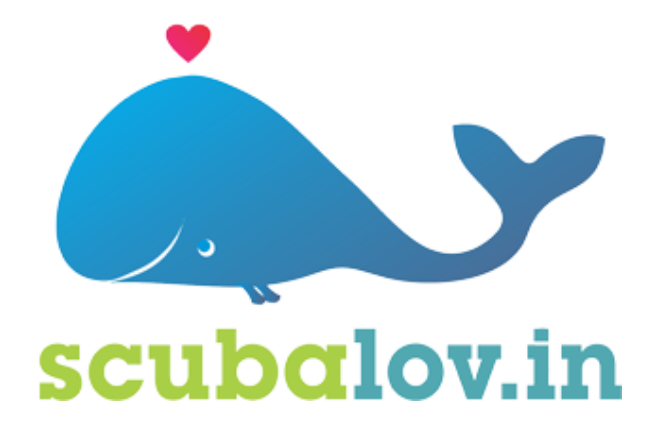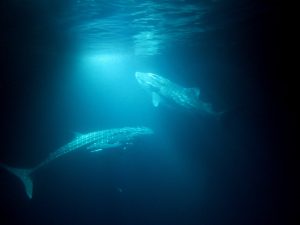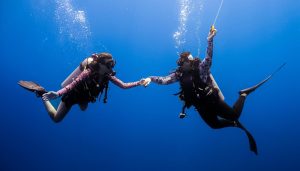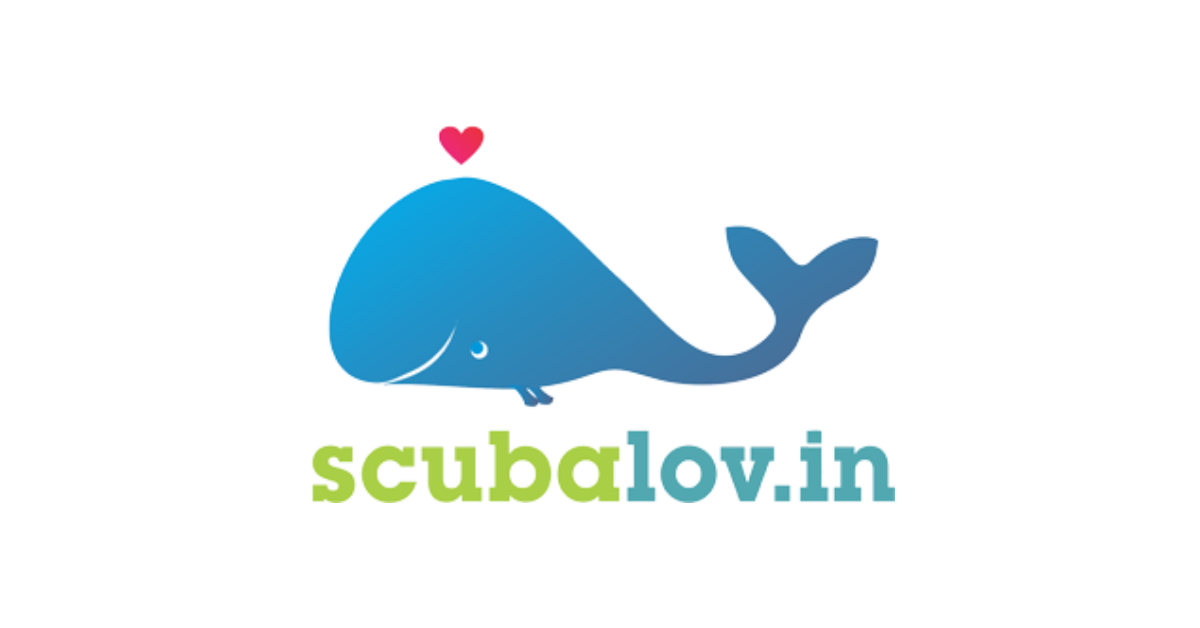This is one of the most common questions we get from people interested in diving or snorkeling for the first time. The answer is a big YES!
All introductory dive and snorkel programs are perfectly safe and specially designed for non swimmers but any type of diving certification would require basic swimming skills. The first and most important thing you need to realize is that our bodies are naturally buoyant (they float) and are unable to sink the way a rock would. Now that we have established that, we move on to look at the different types of activities that can be easily undertaken by a non swimmer.
Snorkeling
Snorkeling involves the use of a diving mask that also covers your nose, attached to a long pipe (snorkel) from your mouth to the surface that allows you to breathe with your face turned down into the water. It is the easiest of activities that is enjoyed by divers, people who know how to swim as well as those who don’t. All our guided snorkeling activities involve the use of a ring buoy or life jacket to provide you additional buoyancy as well as a professional guide within an arm’s reach to swim for you and show you around the reef. This activity doesn’t involve going underwater and takes place on the surface.
Try Discover Scuba Diving
All our introductory scuba diving programs such as a Try Dive or a PADI Discover Scuba Dive (DSD) are designed keeping non swimmers in mind. The program first involves putting on full scuba gear and training with your designated instructor in shallow chest deep water, till you are comfortable. You will be wearing a diving mask, fins and a scuba kit that consists of a full tank of compressed air, a regulator that allows you to breathe that air and a Buoyancy Control Device jacket that serves as your additional buoyancy on the surface. This underwater activity is tailored to your comfort level and if you don’t know how to swim, your instructor will be swimming for you on your dive. You are accompanied by an experienced PADI certified instructor at all times in water and can rely on him/her for your safety.
The funny thing is that some people opt for the shorter Try Dive program because they don’t know how to swim; whereas the longer DSD program is a better option because you get more time to get comfortable in the water. You also get to learn and try out the swimming techniques used for diving which are very different from the swimming used on the surface of the water. You won’t believe us but some non swimmers are better at swimming underwater than surface swimmers especially on their first dive.
..But you need to know swimming to get certified
If you absolutely love your first dive and want to get Open Water certified you need to know basic swimming (ability to float or tread water for 10 min, swim 200m unaided/300m with mask-fins snorkel). This is of utmost importance because as a certified diver you will be expected to take care of yourself in the open ocean which is where most of your subsequent dives will take place.





